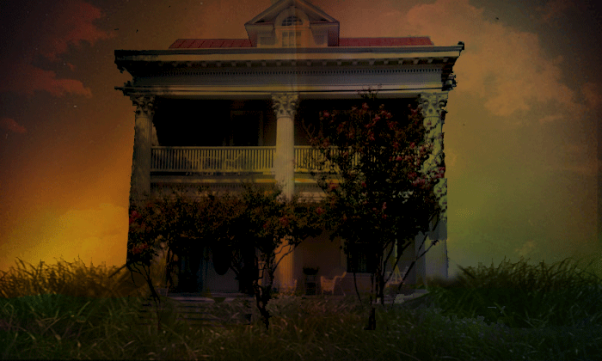Just as the first of the Baby Boomers began turning 65 in January, a generation-wide financial crisis is preventing many from retiring. With the loss of their home in Dec. 2010, my parents fell neatly into that trend.
When my mother and step-father bought their new home in 2002, Operation Iraqi Freedom was still a year away, interest rates were ridiculously low and both of them had stable jobs that they fully intended to retire from. By 2009 my stepfather’s job had moved to China-without him, my mother had been replaced by someone willing to do her job for less and they were eking by on the mortgage with part-time jobs. Data polled from boomers by The Pew Research Center and The Boettner Center for Pensions and Retirement Research suggested that my parents’ drastic financial change between pre-war 2002 and Dec. 2010 was not unique.
Pew, in 2010, reported 80 percent of boomers were “glum” about their future and 57 percent expected their financial situations to worsen. More than just a natural pessimism that sets in with advancing age, Pew found it was the current recession that sent boomer’s financial expectations south. During 2010, Pew reported, 55 percent of the adult labor force had either become unemployed, took a pay cut to remain employed or involuntarily moved to a part-time job. Work-related hardships were exacerbated by the bursting of the housing and stock market bubbles; both of which disproportionally hurt middle-aged adults.
My parents’ savings was mostly eaten up by an extended job search after losing their full-time jobs in 2009; they spent 2010 living paycheck to paycheck-which meant that anything other than brass tacks was a luxury. One of those unaffordable luxuries was small but necessary repairs that needed to be done around the house. After more than a year of neglect, pipes beneath the house burst and flooded the foundation. The damage was severe; the estimated cost to repair it ranged from $8,000-$20,000. Deciding the cost was insurmountable; my parents chose to let the house go and spent Christmas day moving into an apartment.
Boettner reported in Dec. 2010 that both bad planning and bad timing was at fault for the “financial jeopardy” people like my parents faced. The bad planning, according to Boettner, was to rely on stocks, pension plans and homeownership to pay for retirement.
Per the Employee Benefit Research Institute (EBRI) only 15 percent of the workforce in 2010 had a pension plan that guaranteed a steady retirement pay out-30 years ago that number was 39 percent. Stock payoffs were low for the last decade, the Standard & Poor’s 500 index posted total returns of four percent since 2000. The housing market crash resulted in 2.3 million homes being repossessed by lenders since Dec. 2007 per foreclosure listing firm RealtyTrac Inc.
As bad as the numbers were, America endured 13 recessions since the Great Depression-meaning boomers had experienced economic hardships in their lifetime. Planning on the economy to remain stable enough to see them through their golden years did not seem bad so much as it seemed irrational.
But terming something irrational and leaving it at that was not nearly good enough when it personally affected me, so I looked at who the Baby Boomers were to try and explain their risky financial behavior.
The generation spanned two decades-approximately 10,000 boomers per day will turn 65 and retire for the next 19 years-and was named for the “boom” in childbirths that began after soldiers returned home from WWII. When they came of age in 60’s boomers became famous for counterculture movements, for protesting, for civil rights, for not trusting anyone over 30-for changing things.
Maybe they thought they changed the world so much that the one they created would be the one to take care of them.
Maybe the irrational faith was not so much in the economy as it was in the institutions they had knocked down and recreated.
While the romanticism in the possibility of that explanation appealed to me it did not change the unfortunate certainty that when my parents did retire within the next 19 years, they would not be doing so in their own home.
Illustration by Rebecca Gomez




Recent Comments